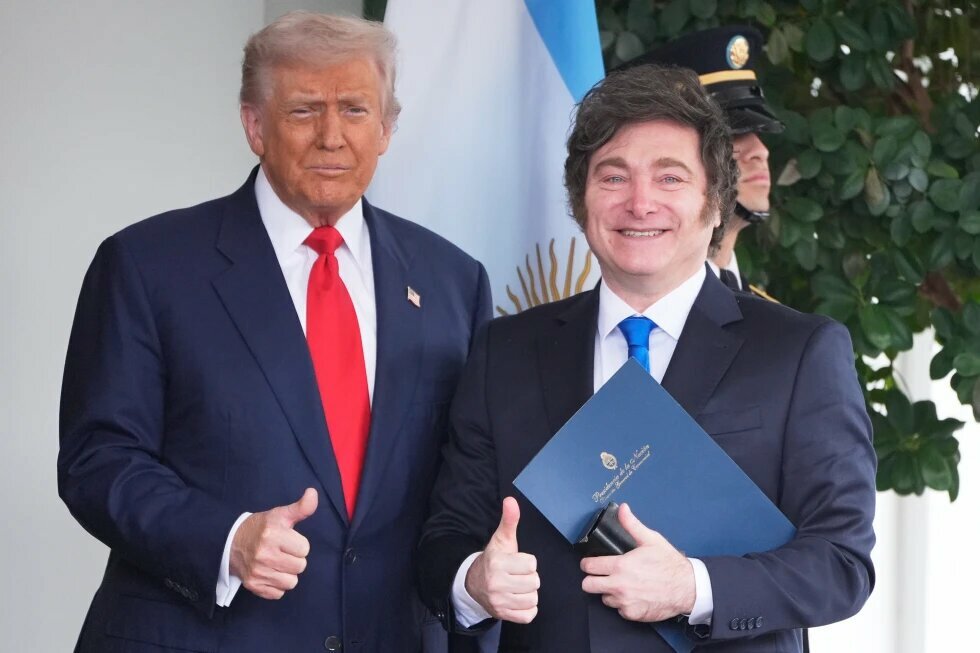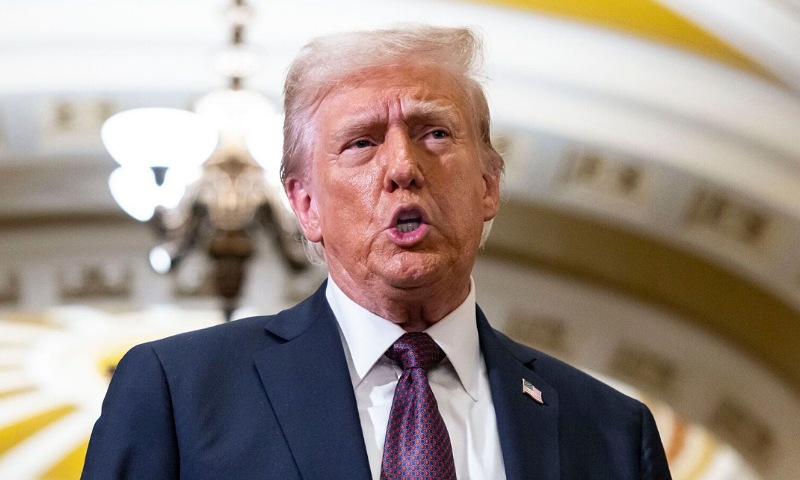The United States is working to increase its financial assistance to Argentina by doubling it to $40 billion in total. The new plan adds $20 billion from private banks and sovereign wealth funds. This comes on top of a $20 billion currency swap line already pledged to help stabilize Argentina’s economy and volatile currency.
Why the Aid Grows
Argentina’s currency has faltered and inflation remains high. U.S. officials believe extra support from external financing will ease pressure on its debt markets. Treasury Secretary Scott Bessent described the new facility as a private sector solution aimed mainly at helping Argentina meet looming debt obligations. Several banks and sovereign wealth funds have expressed interest.
Political Context and Conditions
President Donald Trump has linked the future of this aid to the outcome of Argentina’s midterm elections on October 26. He suggested that if President Javier Milei’s party loses, some of the promised funds might be withdrawn. Opposition leaders in Argentina have criticized the linkage, viewing it as political leverage. Markets reacted strongly to the statements, causing the Argentine peso to drop slightly.
Impacts and Reactions
Investors welcomed the possibility of more funding, hoping it will boost confidence and stabilize Argentina’s financial markets. However, critics worry that tying aid to election outcomes creates uncertainty and undermines trust. Meanwhile, the U.S. aims to show economic leadership in Latin America by stepping in where others have hesitated.
Conclusion
The U.S. effort to double aid to Argentina to $40 billion reflects both urgent economic need and political strategy. By combining existing swap arrangements with private sector investment, Washington seeks to shore up Argentina’s fragile currency and debt outlook. But tying aid to political events risks making the support seem conditional and unpredictable. Still, if successful, this package could reshape how international assistance works in high-risk economies.
Bonus Read: U.S. Rejects Dirt-Cheap Coal Sale Over Market Value Rule




3 thoughts on “U.S. Moves to Double Aid to Argentina to $40 Billion via Private Sector”